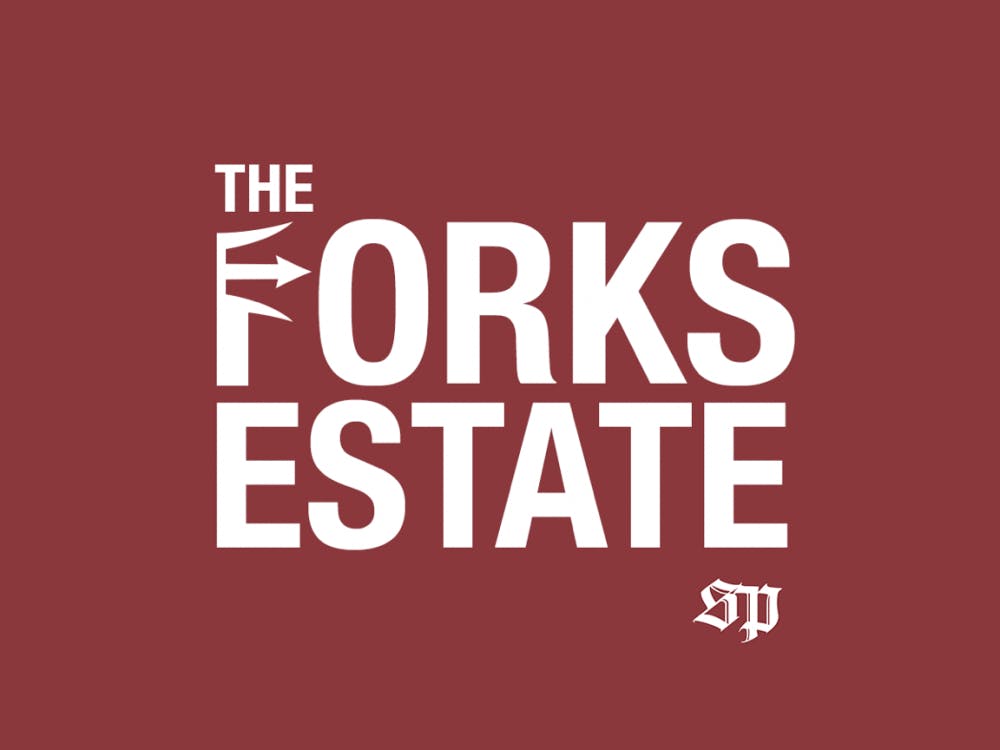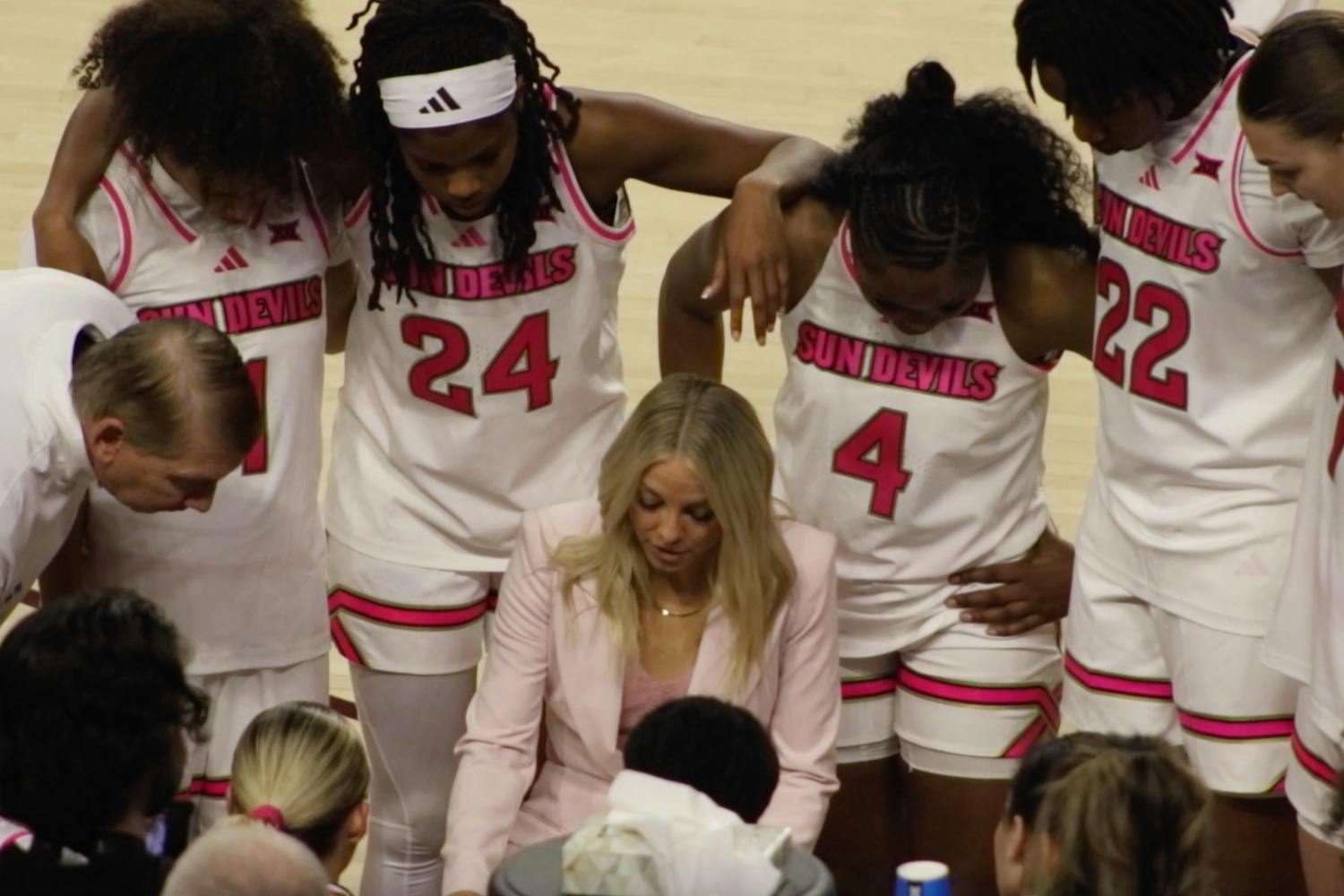Pocaster Haley Armenta sits down with return guest Jacqueline White to discuss policy and congressional casework. Jacqueline shares details on the work she does to help immigrants receive citizenship. Jacqueline says her most memorable cases deal with her student peers. She shares a personal story about her experiences with students from Mesa Community College advocating for themselves as undocumented students in America.
Haley Armenta:
Hello everybody, my name is Haley Armenta, and I am here with my first return guest Jacqueline White. Jackie and I discussed how she got into studying public policy and public service here at ASU. How are you doing?
Jacqueline White:
Hey, good. Thank you so much for having me back. How are you?
Haley Armenta:
I’m doing well, thank you for asking. So, this week I thought it would be cool to discuss the relationship between some case work and federal agencies. What does congressional casework look like and what services do those offices offer?
Jacqueline White:
Yeah, so every congressional office offers constituent services to people who live in their district, so if any person has an issue with a federal agency, they’re able to reach out to their congressional representative whether it be their congress person, or senator, and that’s a service a lot of people aren’t aware exists.
Haley Armenta:
Are there services provided to immigrants in particular?
Jacqueline White:
It really depends on what this issue is. Congressional offices do offer services to immigrants, if someone was to reach out to an office and say needed information on how to obtain citizenship because they’re an illegal permanent resident and they meet the requirements to obtain citizenship, in that instance, the office may be able to send them referrals to either bureau of immigration appeals accredited organizations that can help them obtain their citizenship at a lower cost, some offices even put on citizenship fairs. I know I participated in a couple and its been a really amazing experience to be able to help someone receive their citizenship, and we also have legal referrals so if they’re in need of legal assistance while obtaining their citizenship, if their case is a little more difficult or it needs review, so those are all ways we help empower immigrants. But we also look at other cases that are more specific and go beyond the realm of immigration. So, for example say someone was here on a student visa and they had questions, they could reach out to our office, or say someone is in the US, but they wanted to petition for a relative to come over here that would be an I-130 which is petition for alien relative. So, our work really extends beyond just facilitating resources. We’re able to educate the community about what’s going on with their cases and empower them to understand how to reach out to federal agencies and communicate with them.
Haley Armenta:
Are there any particular cases that stand out to you that you had the opportunity to work on?
Jacqueline White:
I think as a student who’s been active in the community and as a public servant, I have interacted with a lot of different immigration cases that have really impacted the way I view immigration, but it's such a broad topic, it's fairly difficult to narrow down, so, it depends if we’re looking at asylum, or DACA cases, or student visa, or fiancé visa, but I think the cases that impact me the most with people who I interact with the most are our fellow peers at ASU who are undocumented, but have DACA. I think this is something that we’re not always paying attention to if it's not in the news, but the cases where I have people who are my age and they’re trying to receive an education to better their lives are some of the most heart wrenching. I would say those student cases are always the most difficult to work on and they always leave a lasting impression for me.
Haley Armenta:
For any listeners that are unaware, could you elaborate a bit little more on what DACA is?
Jacqueline White:
So DACA is Deferred Action for Childhood Arrivals, it came about through an executive order that President Obama established, and it was also taken away by President Trump, but there was a recent court case ruling that has kind of changed the circumstances, and so, nobody new can apply to receive DACA, but existing people who receive DADA are able to renew theirs. But right now, there is no permanent solution to this issue and so there are a lot of students living in limbo as a result.
Haley Armenta:
Can you talk about one in particular?
Jacqueline White:
Actually, when I was a student at Mesa Community College, I interacted with a club called “Mesa Undocumented Students Thriving” it was a group of phenomenal students who really showed great promise in leadership, they wanted to organize and support each other with resources, and emotional support to continue on with their education, and I think, like I said, I’m sorry it’s hard to narrow it down to one case, but I remember we were going to have a panel to educate the community about what is DACA, what are these students doing here, and what is it like for them, just so people could understand, and they sat on a panel and they shared their personal stories, and I remember one student in particular, she was a woman, and she was younger than me, saying that “I’m undocumented, and I couldn’t work for a long time, so what I did do was work in construction, because that’s what I could do, and in that environment, I remember working in the heat, and sweating when all my other friends would go to school, or play sports, but I couldn’t do that because I had to help support my family, because we are all undocumented” and hearing that was really hard and she really went on to discuss how that environment in general is really dangerous for a woman because typically construction is dominated by men and she talked to me about how people would say sexist remarks to her or sometimes she would feel unsafe because of where she worked and how they would treat her, and understanding that she had to put herself in that circumstance because she had no alternative is something I will never forget because the fact that DACA came about, really gave her the opportunity to empower herself and pull herself out of a situation that is unsafe and now she’s able to build a better future for herself which is all she wants and I think that’s the moral of her story and that’s the moral of so many people’s stories.
Haley Armenta:
Thank you for joining me.
Jacqueline White:
Thanks, this was a tough conversation to have.
Haley Armenta:
It's alright, you know what, it is a tough conversation to have, but I think that addressing these things makes it easier to talk about and it makes people more aware. I think these things; these types of conversations need to be had sometimes.
Previous Episode: Spare some change?
Follow podcaster Haley Armenta on Twitter
Like and follow The State Press on Facebook and Twitter




